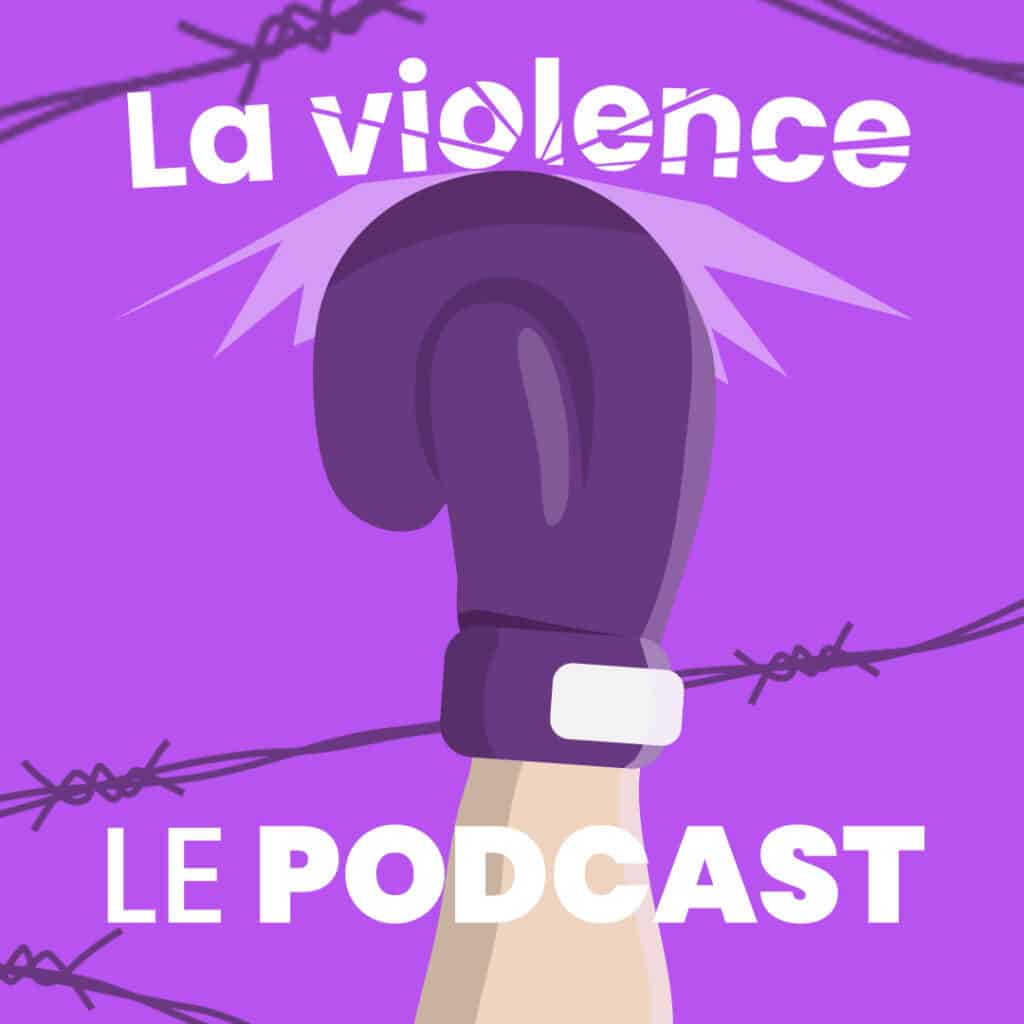Hello les prépas,
Si vous suivez attentivement notre site (et on sait que vous le faites 😉 ), vous avez dû voir passer un article qui vous expliquait avec grande clarté la méthode de la Q1 et de la Q2, et ce, dans le but de tout déchirer le jour J ! Comme mon collègue a très bien fait son travail, la méthode de l’essai n’a maintenant plus aucun secret pour vous. Désormais, il vous faut mettre en pratique ces précieux conseils et c’est là que j’interviens ! Je vous propose un super sujet Q1/Q2 que j’avais eu en concours blanc de deuxième année.
Le sujet
Trump’s impeachment battle is part of a bigger global crisis in democracy (article de Ishaan Tharoor, journaliste au Washington Post, publié le 4 octobre 2019 dans le journal du même nom).
President Trump is cornered and lashing out. Just this week, he has demanded the arrest of political rivals, raged about a “coup” against him and kept firing his incessant fusillades at the “corrupt” and “fake” press. Trump sees the impending congressional impeachment inquiry as a “hoax”; most sober analysts believe House Democrats now have a clear-cut case to prove the president’s abuse of power, as evidence of Trump seeking to pressure a foreign government into giving him dirt on a domestic opponent keeps piling up. On Thursday, in front of cameras and reporters on the White House lawn, he openly called on governments in Ukraine and China to investigate former vice president Joe Biden and his family.
But Trump may hope the atmospherics of the showdown — rather than the facts — are still in his favor. Backed by the United States’ right-wing media, Trump intends to hunker down in America’s polarized battlefield and fight for his survival, even if that means dragging the country’s institutions into the morass. The bulk of Republican politicians remain too afraid to turn against him, while administration officials and federal bureaucrats see their personal fate tethered to his moods.podcast,
“The implicit day-to-day charge for many Trump advisers is simple,” reported my colleagues at the White House. “Figure out how to handle or even polish Trump’s whims and statements, but do not have any illusion that you can temper his relentless personality, heavy consumption of cable news or thirst for political combat.”
Trump’s disregard for long-standing norms leaves U.S. politics in a somewhat unfamiliar place. “Authoritarian regimes have this problem all the time … when all government activity is the product of the id of the leader,” Timothy Naftali, a historian and former director of the Richard Nixon Presidential Library and Museum, told my colleagues. “But in a republic, that’s unusual.”
If there is central theme to the age of Trump, it’s precisely that: What was unusual in sophisticated republican democracies is becoming increasingly commonplace. And not just in the United States. The impeachment saga convulsing Washington — where an embattled leader is calling into question the very legitimacy of those opponents challenging his conduct — has, to a certain extent, analogues elsewhere.
In Israel, Prime Minister Benjamin Netanyahu, a close Trump ally, complained of a “witch hunt” launched by his rivals as the country’s attorney general pursues possible corruption charges against him. In Britain, Prime Minister Boris Johnson — who came to power this year via the votes of a fraction of a fraction of the British public — smeared members of Parliament thwarting Brexit as agents of “surrender” and “betrayal.” In India, the world’s biggest democracy, the country’s Hindu nationalist leaders routinely cast their rivals as “anti-national” liberals who ought to move to Pakistan.
On both sides of the pond, talk of “deep state” conspiracy theories is rife, often with an all-too-familiar undertone. Donald Trump Jr., the president’s son, laid the impeachment inquiry at the feet of Jewish financier George Soros — whose support of liberal causes over the years has made him a frequent target of anti-Semites and nativists. On Thursday, Jacob Rees-Mogg, an influential Brexiteer and current leader of the House of Commons, conspiratorially cited Soros as a supposed enemy of Brexit and backer of its British opponents. The remarks led to calls from Jewish politicians in Britain for Rees-Mogg to resign.
There are immediate consequences to such demagoguery, not least in the form of far-right terrorist attacks and violence carried out by people inflamed by this sort of rhetoric. But there’s also a long-term toll, one that’s more imperceptible, yet no less corrosive, to the body politic. It’s the kind of erosion on display in places such as Hungary, Poland and Turkey, where majoritarian, nationalist politicians have steadily undermined democratic institutions and the liberal norms they’re supposed to uphold.
“The death of democracy is now typically administered in a thousand cuts,” wrote the Stanford political scientist Larry Diamond earlier this year. “In one country after another, elected leaders have gradually attacked the deep tissues of democracy — the independence of the courts, the business community, the media, civil society, universities and sensitive state institutions like the civil service, the intelligence agencies and the police.”
You don’t need to look further than Trump’s Twitter timeline. The president has lambasted any federal agency, independent civic institution or media organization he sees working against him, even when their employees can only be accused of doing the job they are supposed to do. State-appointed judges are either his judges or enemies. Journalists who say nice things about Trump are good; those who don’t are “fake.” Law enforcement officials posing next to Trump along the southern border are heroes, but those investigating Trump’s campaign or using internal channels to voice their alarm over his dealings are traitors.
Diamond placed Trump at the center of “America’s own political decay” and observed how the president’s excusing of “a grim list of dictators” abroad and embrace of nativist politics at home had “shaken the post-World War II liberal order.” He also blamed political cynicism on both sides of the aisle, “calcified systems that don’t deliver public goods and complacent citizens who cannot bestir themselves to vote.”
As myriad analysts have already argued, Trump is not a sui generis figure, but a symptom of American politics and, in particular, of the radicalization of the American right. “The GOP has become an insurgent outlier in American politics,” wrote political scientists Thomas E. Mann and Norman J. Ornstein in a prescient piece long ago in 2012. “It is ideologically extreme; scornful of compromise; unmoved by conventional understanding of facts, evidence and science; and dismissive of the legitimacy of its political opposition.”
The uproar over impeachment may only underscore these hard-line positions. It gives Trump the fuel to drive an angry, resentful reelection campaign, and it reveals the frailties of an American system bound together by fraying civic understandings and aging conventions.
“What makes Trump dangerous is that he exposes parts of liberal democracies that were only shadowily visible up until now,” said Peter Sloterdijk, celebrity German philosopher and frequent critic of the left, in an interview with the New Yorker last year in which he spoke of the American president as a “degenerate sheriff,” happy to flout the rules of the state he leads. “In democracies, there is always an oligarchic element, but Trump makes it extremely, comically visible.”
QUESTION 1 : Is the USA becoming an authoritarian regime, according to the journalist? Write 250 words (+/- 10%)
QUESTION 2 : Do you consider the decline of democracy in Anglo-Saxon countries over the past few years irreversible?
Je vous propose ce sujet parce qu’avec les élections américaines du mois prochain et les querelles entre UK et UE sur le Brexit qui s’éternisent, il ne fait guère de doute que la question de la démocratie est encore au cœur des débats politiques dans les pays anglo-saxons. Le sujet n’est pas évident, d’une part pour la Q1 car comme souvent, elle ne concerne pas tout le texte, d’où la sacro-sainte nécessité de hiérarchiser au brouillon les informations ; d’autre part, pour la Q2, le sujet fait appel à une bonne connaissance de l’actualité anglo-saxonne et de la géopolitique, donc là on met à profit son cours de géopo et en avant les exemples originaux (mais pas trop, faut pas non plus que le correcteur se pose la question : Wouah, mais qu’est-ce que c’est que ce truc ?). Évidemment, on sort son meilleur vocabulaire (n’hésitez pas à checker cet article à ce propos) et on se relit. Mais ça, vous le savez déjà !
Je vais donc vous proposer mes essais pour que vous voyiez ce que peuvent donner des essais notés 14 et 17 sur 20, comme ça, vous pourrez aussi voir ce qui a manqué à l’essai 1 pour atteindre la note de l’essai 2.
Évidemment, je n’ai pas eu 20, donc les essais sont tout sauf parfaits. Par conséquent, c’est à vous qu’il revient de faire mieux et de taper le double 20 !
Mes propositions
ESSAI 1
In a pessimistic tone, Ishaan Tharoor explains why the USA has turned into an authoritarian regime anf to him, the main reason for this political decay is Trump’s behaviour.
Firstly, the journalist sheds a light on the hateful speeches that president Trump delivers against his opponents. Since he git into a judicial scrape as House Democrats started an impeachement procedure against him, Trump has indeed been giving a tough ride to his opponents, who to him are traitors and “fakemongers”. This to Tharoor is reminiscent of authoritarian regimes in which people dare not to question their leader’s ideas and behaviours, and it is exactly what is happening in the US, because Republicans dare not to frustrate Trump’s plans, and so are administration officials.
Secondly, not only does this behaviour threaten Trump’s opponents, but it also deals a severe blow to domestic institutions. In fact, Trump’s nationalist speeches are debunking the legitimacy of those institutions which are the cornerstone of democracy. Namely, Trump uses his Twitter account in order to give any institution a taste of his own medicine, whether it is a federal one, a civic one or a media one. Through this means, Trump intends to implement a new dichotomy between the agencies which support him, and the black-sheep ones which become the target of his chastising tweets. This to the journalist is a looming danger for the US, which indeed might become an authoritarian regime because of it.
The journalist concludes by asserting that Trump is not the only responsible, and that people have to get their acts together if they don’t want to lose democracy forever.
273 words
ESSAI 2
In October 2019, The Economist published a documentary about the decline of democracy in the world and namely, this documentary explained that in 2017, 40% of American citizens no longer trusted their government. This begs the following question: is the decline of democracy in Anglo-Saxon countries over the past few years irreversible?
In my opinion, there is no denying that the halcyon days of democracy’s supremacy are gone. When the 2008 crisis occured, people indeed realized that democracy was not the silver bullet they had imagined it was. The movement “Occupy Wall Street” in 2011 was a stellar example of the rise of people’s distrust about their politicians, and then is paved the way for populists who seized the opportunity to convert this anger, this disappointment into a political fuel for their own interests. Across the pond, the UKIP party led by Nigel Farage rose from the anger of British citizens towards David Cameron’s failure to protect them.
Still, I don’t think democracy has had its day. Actually, even if people cannot help blaming democracy for their problems, they still set great store by it, for the main reason that at least, they are able to complain about their issues. As Winston Churchill put it, “Democracy is the worst regime, except for all the others”, which means that no matter how spurious democracy might look, it has been happy medium for everyone, anyway.
To conclude, I assert that we don’t measure how lucky we are to live in democratic countries and we ought to ponder over this luck, because democracy is our only bulwark against fear and wars.
271 words
Voilà pour moi, j’espère que vous serez inspirés par ce sujet, n’hésitez pas à checker cet article pour être toujours au plus près de l’essai ultime et à regarder cette page où vous retrouverez toutes nos ressources en anglais.
La bise











